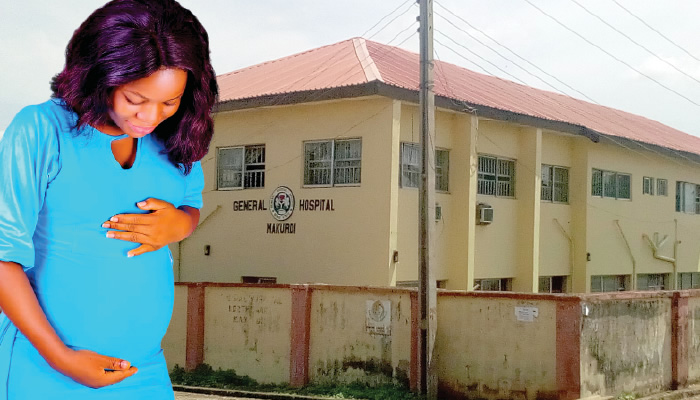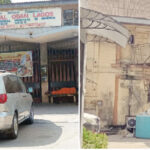
The recent removal of fuel subsidy and foreign exchange unification by the government of President Bola Tinubu has skyrocketed inflation affecting prices of goods and services in the market.
This coupled with the recent departure of a leading pharmaceutical company, Glaxosmith Kline, and FMCG brand Procter & Gamble has led to a hike in prices of drugs and some baby wear products.
Some pregnant women who spoke with our correspondent are also lamenting the hike in prices of medications and other essential healthcare products.
Decrying the sad situation, Dorcas Okafor told our correspondent that getting pregnant these days now requires financial planning as the rising cost of goods and services has also affected the prices of drugs, maternity items, and the antenatal consultations fee.
“Well, with the rising cost of things, pregnancy is not for the faint-hearted because it requires capital to make both mother and child comfortable. In the next six months, I should be due and deliver my baby, but the prices of things have become astronomical.
“Pregnancy requires financial planning and must be well calculated. Raising children is capital-intensive, so one must plan well. Although I can’t place a percentage, initially, the registration for antenatal used to cost about N25,000, but I have already spent about N36,000, which is an increase of over N10,000.
“For us mothers, there are items we have to buy for a new baby. For instance, we need to buy a new underlay, cotton wool, and sanitary pads for delivery, among many other items, which are usually different from the items that the hospital will require. There are also personal items; it’s a whole lot but be it as it may, procreation will not stop because of the economy,” she lamented.
For 37-year-old, Mutiat Adeyinka, said she lamented that the cost items needed for baby comfort has increased by 100 percent from what she spent three years ago.
She said, “This month (January) by God’s grace, I will have my second child, but as we all know, it’s only God who can help us in this country. When I had my first child, things were not as bad as they are now.
“A friend told me that the antenatal registration, which used to be N29,000, is now N34,000 for just the antenatal registration alone, no drugs, nothing. There are still other bills to be paid; we will still pay for delivery and many other items.
“I remember spending just around N100,000 when I had my first child about three years ago, but now, we have spent over N200,000 and I am sure we will still spend more than that for the baby to be comfortable.”
They also lamented the bad quality of services provided by public hospitals in the face of the rising cost of their medication.
Recaatig to the complaints, Lagos State Commissioner for Information, Gbenga Omotoso, explained that the government had provided some ‘palliatives’ for expectant mothers while calling on residents to subscribe to the health insurance provided by the government.
He said, “Well let me tell you first that in Lagos state I will be surprised if we have that kind of problem. As soon as the Federal Government removed the subsidy on fuel, the Lagos State Government announced some palliatives and part of the palliatives is the fact that all expectant women who go to our hospitals should not pay a dime for antenatal, even those who want to put to bed either it is by natural means or surgery, that they should not pay and up till today, it is still like that.
“So, if people are talking about some other places that is fine but in Lagos, it is not so and the Governor, (Babajide) Sanwo-olu, has been receiving praises for that.
“There is health insurance for all Lagosians; there is the Lagos State Health Management Agency which we have asked people to subscribe to for as low as N8,000 and you and your ward can get treated in very nice hospitals in Lagos without you having to tear through your bank account for you to be able to pay. So, the thing is to encourage Lagosians to subscribe to this insurance, but you find out that people still don’t understand the advantages of this, but we will continue to advocate for more and more people to come onboard.”
The commissioner, however, said the government was working to ensure that residents had access to quality and affordable healthcare.





